Question: Does marijuana “legalization” affect workplace drug testing?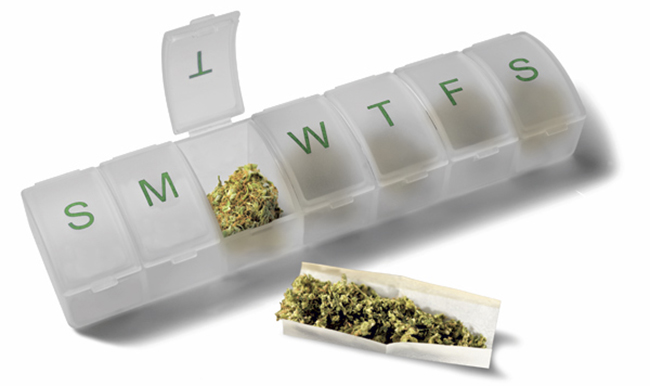
23 states and the District of Columbia (D.C.) have legalized marijuana for medical purposes and five of these jurisdictions – Colorado, Washington, Oregon, Alaska and D.C. – have legalized marijuana for recreational use. However, the federal government still classifies marijuana as a Schedule I drug – meaning it has a high potential for abuse and no currently accepted medical use. This disparity between federal and state regulations has caused confusion for employers who want to continue to screen their job candidates and employees for marijuana use.
While some states may provide employee protection for medical marijuana users, many do not. And no state currently offers employee protection for recreational users. That said, in many jurisdictions, employees can be fired for using marijuana – even if the user has a medical marijuana card or resides in a state where recreational use is “legal.”
Just because a drug is considered “legal,” it does not mean that it doesn’t impair the user. Case in point, Dr. Barry Sample, director of science and technology at Quest Diagnostics, was recently quoted in an article by The Aspen Times saying, “We’ve reported a two to three-fold higher incidence of positives on post-accident tests than on pre-employment tests for [prescription opiates]. That would suggest to us that even when these drugs are being used with a prescription and being used as prescribed, that they may be playing a role in those incidents in the workplace.”
Similar to prescription opiates, studies indicate that marijuana impairs users when driving or completing other complex tasks even hours after use. This makes it important for employers to continue to test for marijuana to help create a safer work environment – even if the drug is considered to be “legal.”
For more information about drug testing, visit our website.
 Your Privacy Choices
|
Privacy Notices
|
Terms
|
Language Assistance / Non-Discrimination Notice | Asistencia de Idiomas / Aviso de no Discriminación | 語言協助 / 不䈚視通知
Your Privacy Choices
|
Privacy Notices
|
Terms
|
Language Assistance / Non-Discrimination Notice | Asistencia de Idiomas / Aviso de no Discriminación | 語言協助 / 不䈚視通知
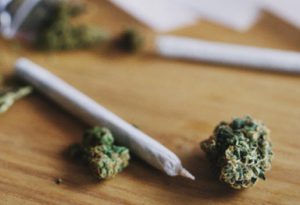
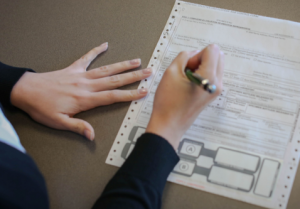
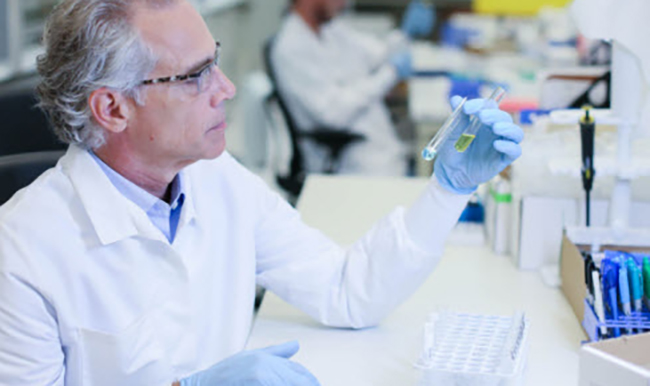
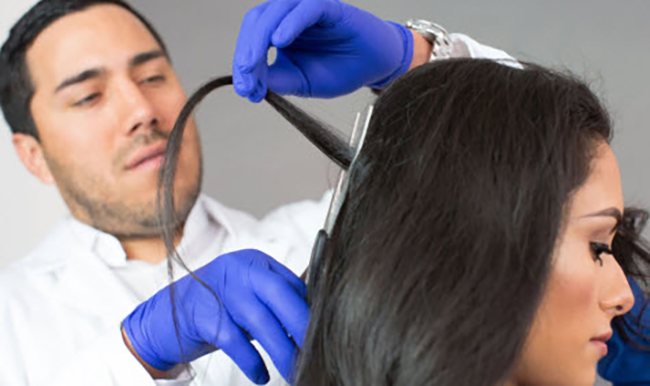



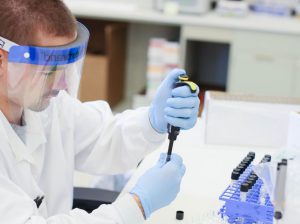






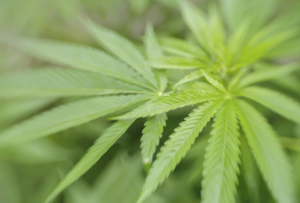




Question: Does marijuana “legalization” affect workplace drug testing?
23 states and the District of Columbia (D.C.) have legalized marijuana for medical purposes and five of these jurisdictions – Colorado, Washington, Oregon, Alaska and D.C. – have legalized marijuana for recreational use. However, the federal government still classifies marijuana as a Schedule I drug – meaning it has a high potential for abuse and no currently accepted medical use. This disparity between federal and state regulations has caused confusion for employers who want to continue to screen their job candidates and employees for marijuana use.
While some states may provide employee protection for medical marijuana users, many do not. And no state currently offers employee protection for recreational users. That said, in many jurisdictions, employees can be fired for using marijuana – even if the user has a medical marijuana card or resides in a state where recreational use is “legal.”
Just because a drug is considered “legal,” it does not mean that it doesn’t impair the user. Case in point, Dr. Barry Sample, director of science and technology at Quest Diagnostics, was recently quoted in an article by The Aspen Times saying, “We’ve reported a two to three-fold higher incidence of positives on post-accident tests than on pre-employment tests for [prescription opiates]. That would suggest to us that even when these drugs are being used with a prescription and being used as prescribed, that they may be playing a role in those incidents in the workplace.”
Similar to prescription opiates, studies indicate that marijuana impairs users when driving or completing other complex tasks even hours after use. This makes it important for employers to continue to test for marijuana to help create a safer work environment – even if the drug is considered to be “legal.”
For more information about drug testing, visit our website.